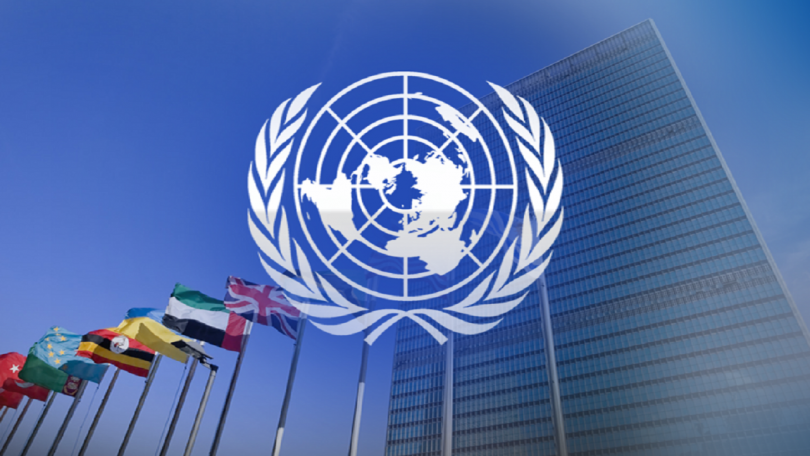Statement by Dmitry Chumakov, Deputy Permanent Representative of Russia to the UN, at the open VTC of UNSC members “Maintenance of International Peace and Security: Humanitarian Effects of Environmental Degradation and Peace and Security”
Mr. President,
We would like to thank our briefers.
Excellencies,
It is undeniable that environmental degradation is heavily aggravating the socio-economic challenges in certain countries and regions. The region of West Africa and Sahel, particularly vulnerable to climate-related challenges, presents a good case in point. We fully understand the motivation of our distinguished colleagues from Niger in convening this meeting. In Niger, alone, according to Reuters, the Sahara desert keeps expanding at a rate of 48 km a year, further degrading the land and eradicating the already scarce livelihoods of the rapidly growing population. Even the blue people of the desert, tuaregs, have to adapt and move further south due to the lack of grazing areas and water sources. We share the concerns, raised by the Presidency, and the need for the world community to treat the related issues in a priority manner in appropriate formats.
However we have yet again to register our doubts that the Security Council is a platform for a generic environment-related debate. In this respect, we would like to reiterate the following points.
There is no automatic link between environmental issues, including climate change, and conflict. There is no conclusive, universally recognized and scientifically substantiated evidence that climate change has an impact on armed conflicts either.
The social and economic situation in individual countries and subregions may be worsened by adverse impacts of climate change and other manifestations of environmental deterioration. However, security and stability are often affected by more direct causes, on which not all the Members of the Council are inclined to talk. These include external interference in Member States’ domestic affairs, abuse or even generation of conflict situations for the purpose of exploiting natural resources without the consent of host governments. It is not only contradictory to the international law, but also fraught with environmental disasters. In this context, we have many examples in Africa and the Middle East. Unfortunately, we have to register that when the distinguished delegate of the United States enumerated examples, he forgot the example of occupation of the Syrian oil fields. We would like to highlight that, as well as “barbaric” methods of oil production that are fraught with ecological disaster in northeastern Syria.
Another way of interference is economic and political pressure in various forms. That includes application of unilateral coercive measures without a Security Council’s mandate. Such actions particularly undermine developing countries’ capacity to achieve socio-economic development goals and environmental protection and hinder their ability to participate in collective efforts to address climate change. Consideration of environmental aspects on its own may, therefore, be selective and ignore the broader context.
Assisting developing countries in their sustainable development efforts, including environmental protection, – both in general and in post-conflict situations – is a mandate of the United Nations Development System and Resident Coordinators – with reliance on intergovernmental mandates and relevant scientific findings. Donor countries should not shy away from their commitments to help. In order to minimize environmental effects - it is necessary to help countries strengthen their resilience.
As to the international humanitarian law, which our Presidency included in the concept note in the context of today’s discussion, it is also well known that it prohibits the use of methods of warfare, which are intended or may be expected to cause damage to the natural environment. However, this prohibition cannot preclude the dire consequences of any armed conflict for the natural environment irrespective of the level of adherence to this important rule. In this regard, it is paramount that the Security Council concentrates its efforts on the fulfillment of its core function – the maintenance of international peace and security, based on the Charter. If this is addressed, it will certainly contribute to the protection of environment.
Thank you.
